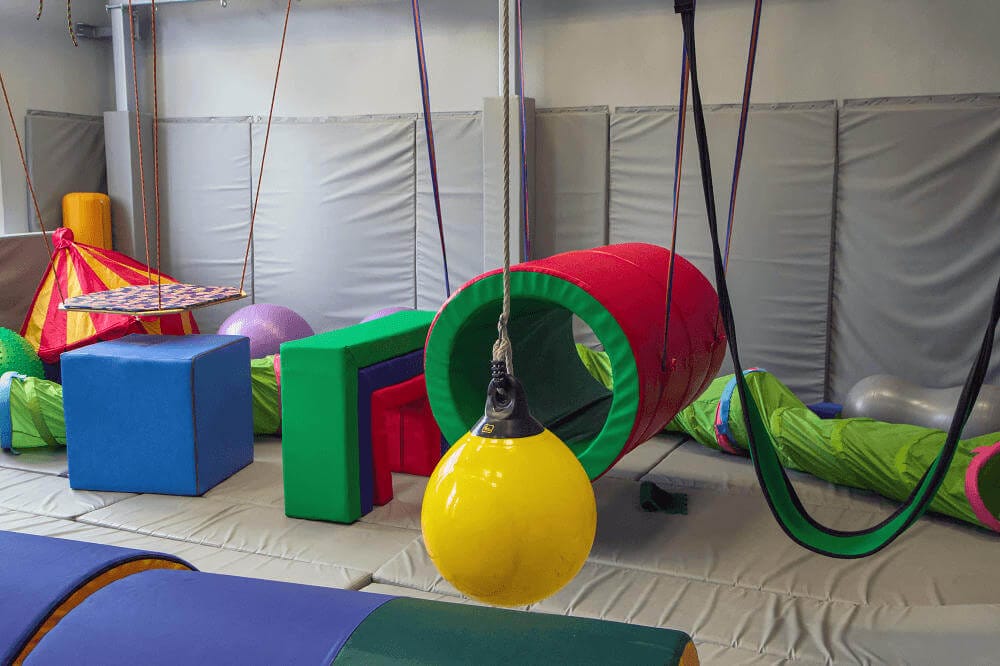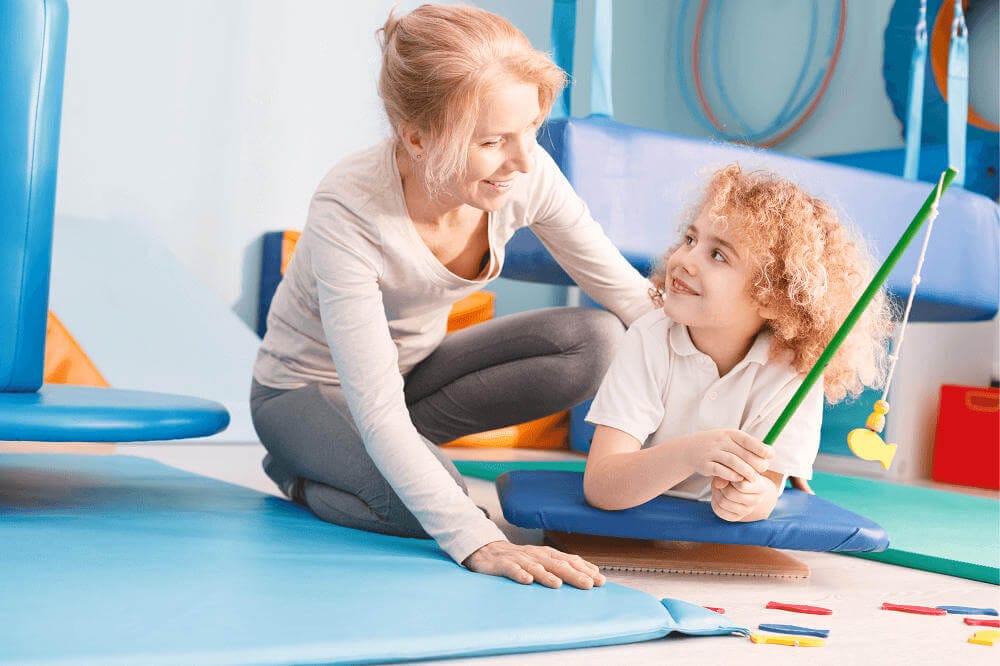The Many Benefits of Sensory Rooms
The Many Benefits of Sensory Rooms
If you have a child with disability, then you will always be looking for ways to improve their quality of life. You may have already heard of sensory rooms, but might still be unsure of what they are and if they are suitable for your specific circumstances. Sensory rooms can have great benefits for children or adults with physical or intellectual disability, as they create a safe space to relax and calm down, or can even be designed to encourage the development of various skills.
Read on to discover what the many benefits are, and to find out how to create a sensory space in your home.
What Is a Sensory Room Used For?

A sensory room is a room that has been specifically designed for the needs of someone with a developmental disability, learning difficulty, or sensory impairment. Sensory rooms can include various stimuli that engage the person (can be either a child or adult) and help them to develop their senses. The sensory equipment in the room might be specific lights, smells, sounds, and colours, or even sensory soft play objects. Everything is usually adjustable, and the room should be comfortable and safe so that the person can explore everything independently.
A sensory room is used to help people with disability learn to interact with the world around them. It is designed as a safe environment where they are encouraged to build their confidence and ability. Sensory rooms are created with a specific person’s needs in mind, so for instance, someone who is visually impaired may have a dark room, or someone with Autism might benefit from a calming room with soft music and fibre-optic lighting.
The Benefits of Sensory Rooms
- Improves Focus:
For people who have difficulty focusing – which is especially common for those with ADHD – sensory rooms can help to improve focus with the use of specific sensory equipment. The equipment is designed to encourage the person to concentrate on the activity they are doing at that moment. This creates skills which they can then use in real world situations where they need to remain calm and focus on what they are doing. - Develop Communication Skills:
Some people with Autism or a similar disability can be quite withdrawn and have difficulty communicating. Interactive sensory rooms can develop verbal and non-verbal communication by engaging them with sensory equipment. There is also specific equipment that focuses on sound and can help people learn vocalisation. - Encourages Socialising:
Sensory rooms do not have to be used alone, so the person can use it with other people to encourage socialisation in a calm and controlled environment. The room can be designed with groups in mind, and might include equipment that will encourage interaction between users. Some of the socialising skills a person can learn in a sensory room include understanding how their actions have an affect on other people. - Relieves Stress:
Sometimes the world can be quite stressful for someone with an intellectual disability, and a sensory room gives them a place to go where they can find a calm moment. The sensory environment is designed to be absorbing, so if they are feeling overactive or distressed they can just relax into it. The room is also a controlled environment, which will make the person feel more comfortable and allow them to open up and interact with their surroundings. - Improves Balance & Movement:
The use of various sensory equipment can help children with physical difficulties like Cerebral Palsy to improve their balance and movement abilities. Sensory rooms help to develop visual processing abilities, and fine and gross motor skills, which then helps the person to carry out day-to-day tasks more effectively.
Is It Easy to Create a Sensory Room or Space at Home?

A sensory space can simply be a small tent with weighted blankets and crash pads that you set up in a quiet corner of the house. Sometimes, your child will just need a space to de-stress when they become overstimulated, a place where they can focus on something else that works for their needs. Anything you can work out will be better than having nothing, as it will still create a place to calm down or allow them to improve other skills through the objects you include in the space.
We also provide sensory rooms at select offices around Western Australia as part of our broader range of disability services.
How Disability Services Can Support You

If your loved one has a disability, then they may be eligible for NDIS funding – which could even cover the costs of home modifications needed for building a sensory room. Additionally, through an NDIS provider you can access sensory rooms that are specifically designed with top quality features that meet the diverse needs of people with disability. At St Jude’s we currently have a sensory room facility in Midland. You will also benefit from the assistance of an experienced disability service provider, to help you apply for funding, and offer the services you need once you get it.
St Jude’s is a trusted NDIS registered provider, offering various disability services that can help improve the life of someone living with disability. Our services include disability accommodation and housing, support coordination, allied health, and home and community services. We are also NDIS personal care providers.
Get in touch with our friendly team today to find out more.